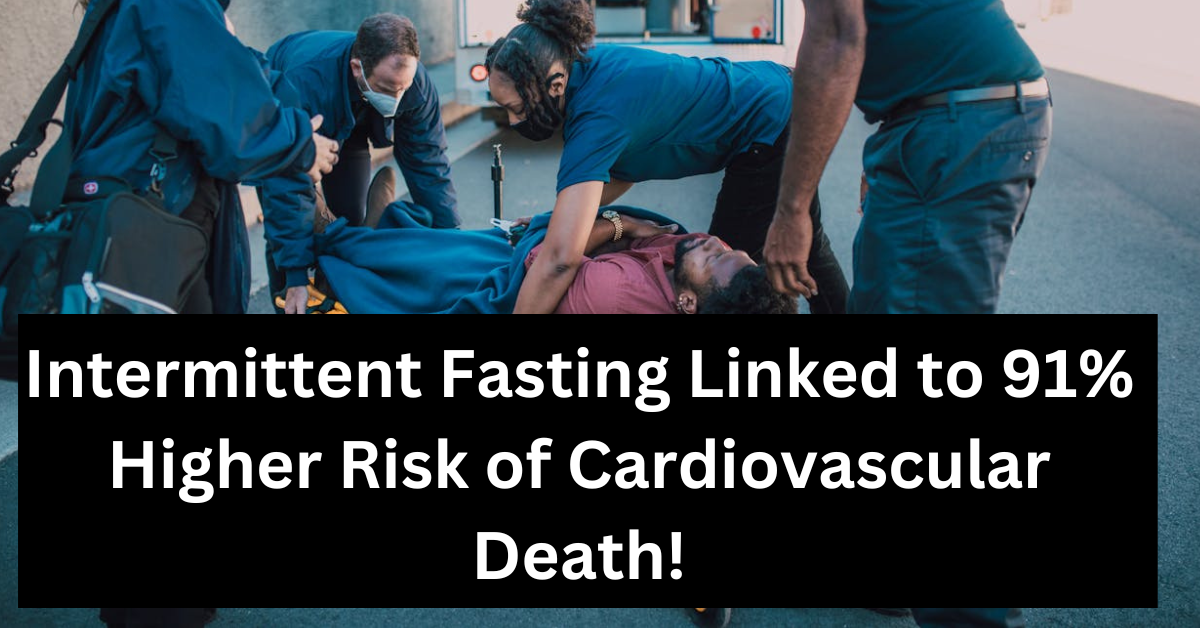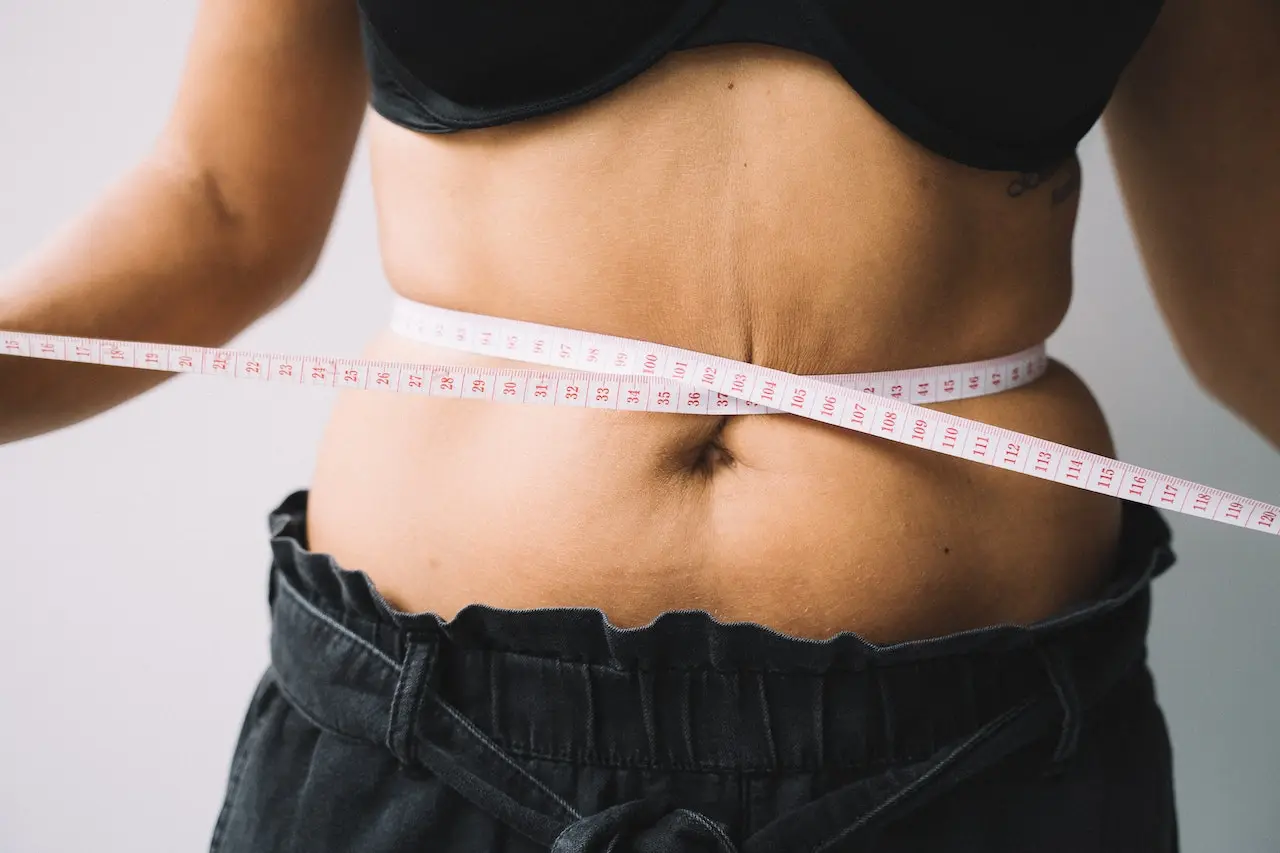Fasting might be a word that many people are at home with.
Even so, when you prefix it with the word Intermittent, it becomes foreign to them.
But it’s not as complicated as it might sound.
By definition, the word Intermittent means stopping and starting often and for short periods1.
So what is Intermittent fasting?
Intermittent fasting is therefore an eating pattern where one regularly switches between time-restricted eating and fasting.
In intermittent fasting, the periods of eating and fasting are referred to as windows, which means there is an eating window and a fasting window.
Take for example a person who follows the daily 16/8 Intermittent fasting schedule (more on this later).
That simply means in 24 hours, the person fasts for 16 hours (the fasting window) and eats all meals within 8 hours (the eating window).
As you might have already noted, intermittent fasting focuses more on “when” than “what” is eaten.
Even so, whatever you eat and how much you eat will still play a pivotal role in your general health and it will also determine how much you gain from fasting.
But, is Intermittent fasting beneficial?
Whether prolonged or short and intermittent, all forms of fasting are beneficial.
Not only for spirituality.
People fast for weight loss, brain health, heart health, and to reverse common metabolic diseases, among other reasons.
Just like the longer fasts, intermittent fasts work by improving your insulin sensitivity, creating caloric deficits (which leads to ‘fat burning’ plus weight loss), and purifying your body of toxins.
The benefits of fasting are beyond the scope of this article.
Here is how you get started with Intermittent fasting.
First things first, if you want to get into fasting, what you should understand is that it’s not going to be a smooth ride.
But the benefits of fasting far outweigh the pain of having to constantly suppress your food cravings.
On the positive side, intermittent fasting is somehow “beginner friendly” as it is flexible.
You can start with shorter fasting windows with occasional intermittent fasting cheat days then gradually make your fasts longer as you get used to it.
To start all you have to do is pick a schedule/routine and… start.
Common Intermittent fasting routines people follow:
All these methods involve splitting a day into periods of eating and fasting.
- The 12-Hours Method.
In this method, all you do is split your days into 2 parts, 12 hours each. You then take all your meals within the first 12 hours and eat nothing for the other 12 hours. - The 16/8 Method.
In this method, you fast every day for 16 hours and take your meals within your 8-hour eating window.
The best timing for this method is to schedule your eating window between 10:00 AM and 6:00 PM. Take nothing between 6:00 PM and 10:00 AM the following day. - The 20/4 Method.
This method involves fasting for 20 hours every day and taking all your meals within the four-hour window. - The 24 Hours Method.
This is sometimes considered a long fast. However, people who are used to fasting can easily adopt it.
It involves alternating between 24 hours of fasting and 24 hours of eating.
Longer fasts bring quicker results, so be sure to have one of these long fasts at least once a week.
Which is the best Intermittent fasting method?
Longer fasting windows are generally more beneficial than shorter ones.
When you are fasting, your body will only start to burn fat when you are about 12 hours in.
That means stopping your fast at 12 hours won’t do a lot, it’s only good for a start as you aim for the longer fasting windows.
The methods with longer fasting windows are therefore the best.
Are there restrictions to what you can eat?
Unlike other eating patterns/diets Intermittent fasting is all about when and not what or how you eat.
But, unhealthy foods and eating habits will hinder your progress.
So you should watch what you eat.
Can you take anything when you are fasting?
Yes, you can, but all you can take during the fast are beverages that have zero calories like water and black coffee.
Taking foods that have calories and that satiate you defeats the purpose of fasting.
Caveats.
Fasting is generally safe for most people, especially intermittent fasting which only involves a few hours.
I understand though that people are different, and for that reason, people who have specific conditions (people who are malnourished, pregnant women, people below the age of 15, etc.) should first consult a doctor before getting into fasting.
If you are generally healthy, all you need to do is to pick a fasting schedule, and start!



